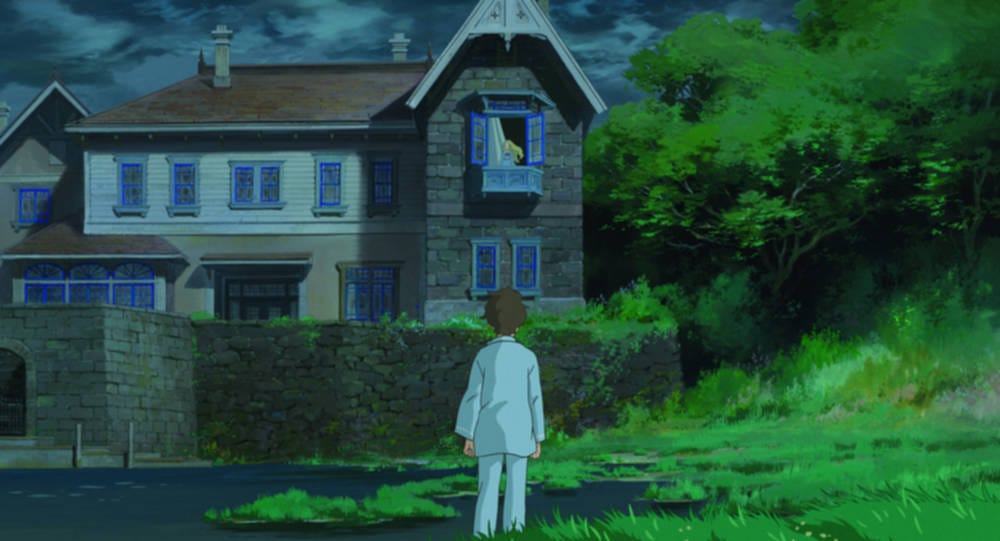When Marnie Was There
The FELIX review

While Studio Ghibli have gifted us with numerous adaptations of children’s tales, they have clearly never come across The Boy Who Cried Wolf. For the last few years, every announcement of a new film comes with a warning that this may their last. While the creative heart of the company, Hayao Miyazaki announced his retirement in 2013, he is still working to create short films, and – after all – he said exactly the same thing in 1997. And so the news that their latest, When Marnie Was There, is to be their last film for the foreseeable future, does not fill me with dread; or maybe it’s just wishful thinking, optimistically keeping the truth at bay, for – most can agree – that Studio Ghibli have made some of the most technically impressive, emotionally complex animated films of the last half-century.
Based on the novel by Joan G. Robinson, the film concerns Anna, a young asthmatic girl who is sent from Sapporo to the rural seaside town of Kushiro for her health; as well as her breathing, Anna is suffering from some kind of psychological strain, linked to the difficult relationship she has with her well-meaning foster parents. With a talent for drawing, Anna simply wants to be left alone, eschewing the company of local children in order to sit for innumerable hours looking across the salt marsh at the abandoned mansion, overgrown with gothic sentiment.
Rowing across to the mansion one night at high tide, she meets Marnie, a young girl of the old-time-Europe variety (golden curls, bright blue eyes, pretty ruffled dresses), with whom she immediately makes friends. What follows is an exploration of the role of memories and the imagination: is Marnie a real person? Or just a figment of a lonely child’s imagination? These themes, along with the strong indication that Anna has some kind of anxiety/depressive disorder, makes this heavy-hitting stuff – the idea of exploring the mansion of her imagination makes me think of a child-friendly remake of Jacques Rivette’s masterpiece, Celine and Julie go Boating – but it is a pity that director Hiromasa Yonebayashi doesn’t follow up this initial promise. Instead all the loose ends of When Marnie Was There are tied up very neatly, with a near-implausible family revelation discovered at the end of the film. While naturally constrained by the source material’s plot, it would have been fantastic if they could have held onto the eerie, unsettling atmosphere that made the first half so captivating.









